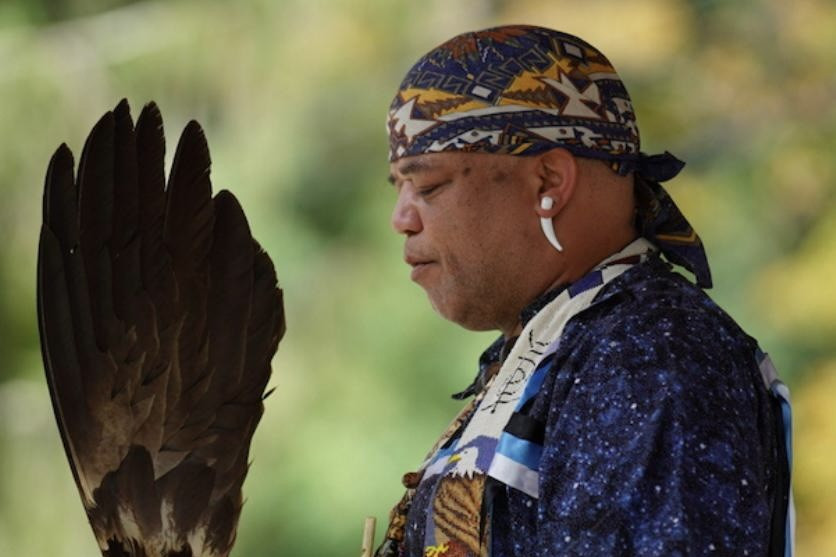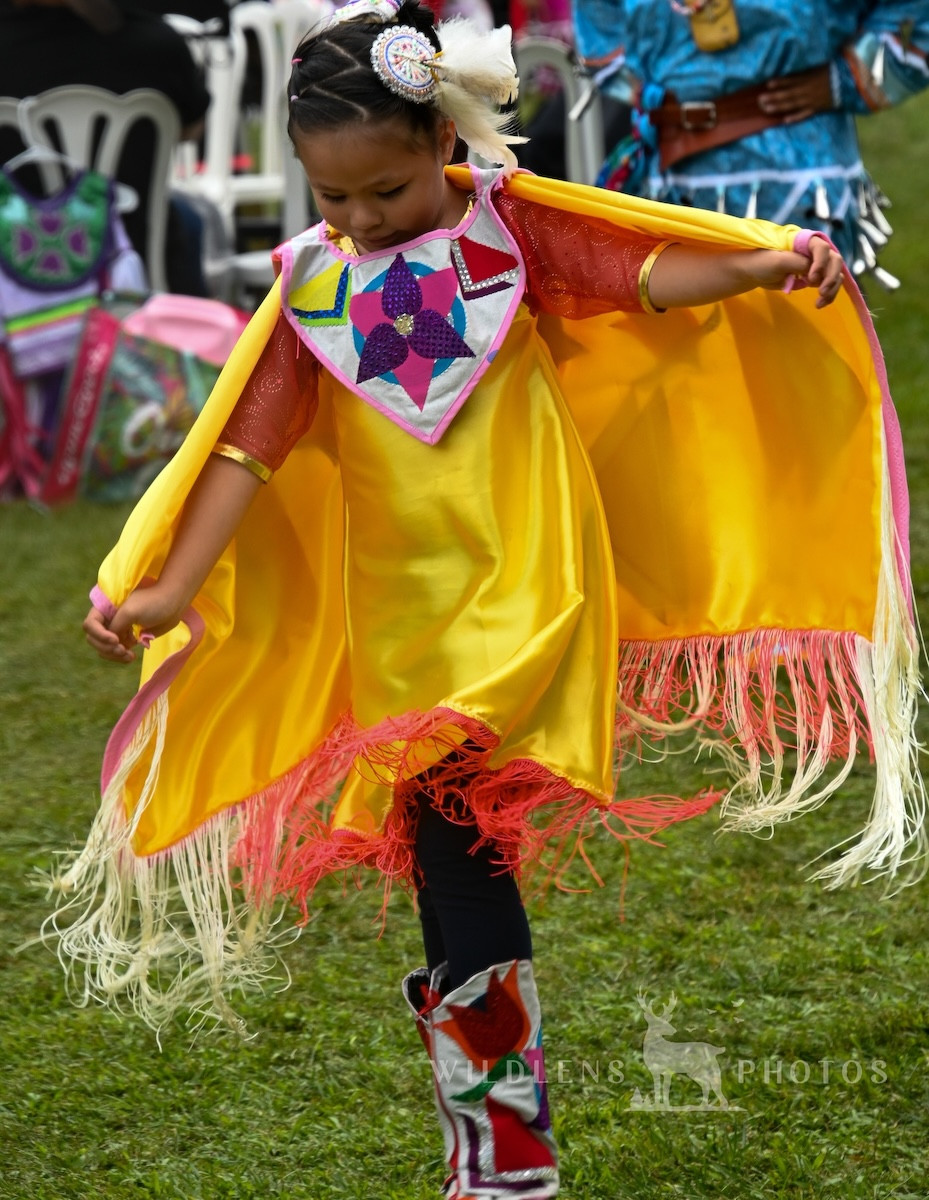A Sacred Return: Stockbridge-Munsee to Hold Homelands PowWow on Ancestral Land for First Time in Centuries
The powwow is a pivotal moment for the returning tribe and the local community.

The powwow is a pivotal moment for the returning tribe and the local community.

"Regalia is sacred. It is not costume. It is story, identity, and prayer in motion," reads a message from the Homeland PowWow organizers.
- Shannon ChadaFor the first time in centuries, A large group of Stockbridge-Munsee, members of the Mohican people whose homelands stretch across the Hudson Valley and into the Berkshires, will gather on their ancestral land to host the Homelands PowWow, October 4-5, at the Darrow School in New Lebanon. The event marks a profound return to the land from which the tribe was displaced through a series of forced relocations, culminating in their current home in Wisconsin.
Tribal member, educator, and powwow organizer Shawn Stevens, says the event is much more than a cultural exhibition. “This gathering, the first of its kind in hundreds of years to be put on by Mohican people, is a sacred reconnection,” he says. “It’s not only just the gathering of people, but returning our footsteps to these ancestral lands that have always carried our songs, our dances, our stories. The people here may not know us but the land has never forgotten us.”

Photo by Thomas Kazik II (Wildlens Photos on Facebook).
The Mohican people, once centered in the river valleys and mountains of today’s Columbia, Berkshire, and Litchfield counties, endured repeated displacement beginning in the 18th century. Pressured by colonists and shifting alliances, they first moved to Stockbridge, Massachusetts—where they became known as the Stockbridge Indians—before being pushed westward to New York, then to Indiana, and finally to Wisconsin in the 1800s.
This powwow represents not only a return to sacred sites, but also a chance for tribal members to live out traditions that were once outlawed. “Back in 1880 the Code of Indian Offenses made any of our cultural practices illegal,” Ginger Stevens, Shawn’s sister and fellow organizer, explains. “We weren’t allowed to pray or sing or dance. Being able to return to our homelands and actually dance where our ancestors were not allowed to is a really powerful thing for us.”

Shawn Stevens
The Homelands PowWow will feature intertribal gatherings, traditional song, and an array of dance styles, including jingle dress, buckskin, fancy shawl, and men’s traditional. While some moments will be for tribal members only, there will be many opportunities for visitors to participate. “When we say it’s ‘intertribal,’ come out and dance,” Ginger says. “That’s what it’s for. And it’s not cultural appropriation when you’re dancing with us—it’s appreciation.”
The powwow takes place in a large circle with dancing and ceremonies taking place on the inside and a ring of indigenous vendors on the exterior, offering traditional craftwork and food. The Stevens siblings emphasized that the powwow is not intended as a spectacle but as an invitation to witness a sacred act in Mohican culture. It’s not a reenactment, it's a powerful present moment. “Powwows were never meant to be a spectator thing,” Shawn says. “You come to be joined, to be a part of it. It’s a way of connecting heart to heart, spirit to spirit.”

Photo by Thomas Kazik II (Wildlens Photos on Facebook).
For two decades, Shawn has been visiting schools throughout the Berkshires to teach children about Native history, culture, and spirituality. “I’ve been coming out for about 21 years now and I’m out there almost every month now,” he says. “I’ve spoken to thousands of kids, you know. I sit and share with them a little bit about the history of the area, and who we are as a people, and that we’re still around.”
The powwow, held on the grounds of the Darrow School, will expand that teaching to the wider community. Students and youth groups have already signed on to attend, and organizers hope the experience will foster intergenerational understanding. “When we can start getting this information and this learning for the youth, they’re going to go home and share it with their parents,” Ginger says. “They’re going to grow up and share it with their youth, and it’s just going to lead to a better understanding between the area residents and the people that were original.”

Photo by Thomas Kazik II (Wildlens Photos on Facebook).
For the Stockbridge-Munsee, the event is both a celebration and a continuation of history. They hope the powwow will be the beginning of a reestablished connection with the region. They are actively seeking to acquire a property, with the goal of creating a space where visiting Stockbridge-Munsee can stay, hold ceremonies, and even welcome visitors for cultural events.
“This gathering is both a renewal and a prayer,” Shawn says. “A living link between the past and the future.”